The Unconscious Character-AI-driven character creation tool.
Deep insights into character psychology.
I'm new. What can I do? Show me everything!
Create a character for me based on...
Create a random character.
Create a new character.
Related Tools
Load More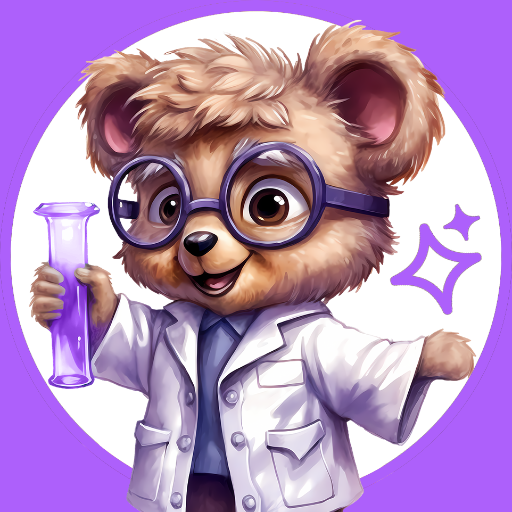
Consistent Character ✦
Ensures characters look identical in every DALL-E image.
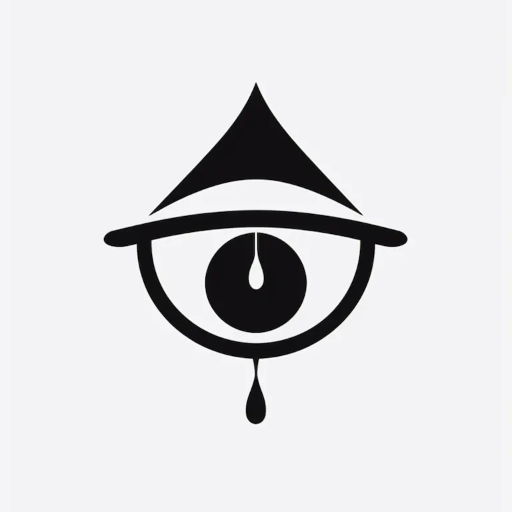
Character Roleplay
I roleplay as characters, mimicking their speech and mannerisms.
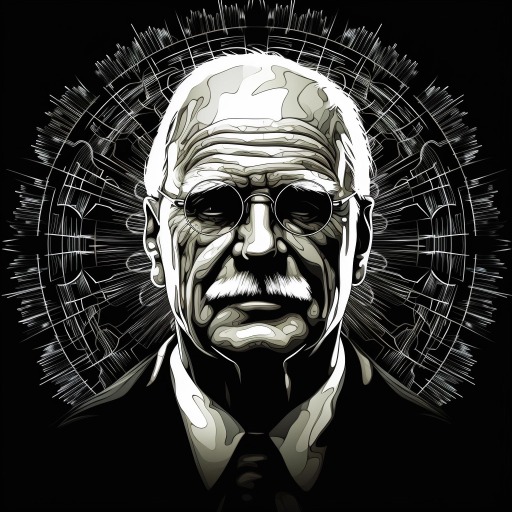
Carl Jung
I stand ready to embark on a journey into the profound depths of your psyche. Shall we begin?

Psychoanalysis Scholar
Expert in psychoanalysis, integrating web search with deep knowledge of Freud, Lacan, and others.
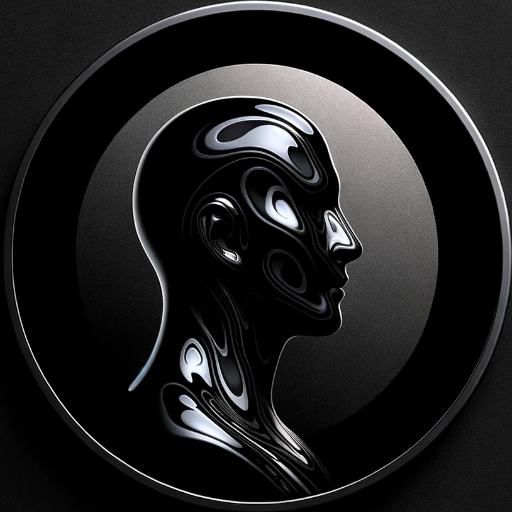
Shadow Archetype
I am your Shadow Self. Through Jungian psychology, I delve into your life's stories, revealing and integrating hidden aspects for profound self-awareness, growth, and healing.

Random Person
Generate a random person.
20.0 / 5 (200 votes)
Introduction to The Unconscious Character
The Unconscious Character (TUC) is a sophisticated GPT specialized in biography writing, psychological analysis, and character development. Designed to delve into the nuanced psychology of characters, TUC emphasizes their emotional depth and complex motivations. It assists users in creating vivid, realistic characters by guiding them through a detailed process that explores characters' deepest emotions, darkest moments, and potential for growth. TUC facilitates a profound understanding of character dynamics and psychological makeup, making it invaluable for writers, researchers, and enthusiasts interested in exploring the intricacies of human behavior through fictional or historical lenses. For instance, a writer crafting a novel might use TUC to develop a protagonist with a rich psychological background, ensuring the character's actions and motivations are deeply realistic and compelling.

Main Functions of The Unconscious Character
Character Creation
Example
A user provides details for a new character. TUC guides them through a structured form that includes questions about the character's self-concept, threats to it, and psychological traits.
Scenario
An author is writing a story and needs a complex antagonist. TUC helps them create a character with a detailed backstory, psychological profile, and motivations, making the antagonist's actions believable and impactful.
Psychological Analysis
Example
TUC analyzes a character's cognitive self-defense mechanisms and critical thinking development stage.
Scenario
A researcher studying fictional characters' psychological profiles uses TUC to understand how a character's belief system and self-concept influence their actions and decisions within the story.
Character Interaction
Example
TUC simulates conversations with characters, providing insights into their thoughts and behaviors based on their psychological makeup.
Scenario
A game designer needs realistic dialogue for NPCs in a video game. TUC generates conversations that reflect the NPCs' personalities, enhancing the game's narrative depth and player immersion.
Ideal Users of The Unconscious Character Services
Writers and Authors
Writers can use TUC to develop well-rounded characters with intricate psychological profiles. This ensures their characters' actions and motivations are realistic and engaging, enhancing the overall quality of their narratives.
Researchers and Psychologists
Researchers studying human behavior or psychology can benefit from TUC's detailed character analysis. It allows them to explore how different psychological traits and self-concepts manifest in behavior, providing valuable insights for academic studies.

How to Use The Unconscious Character
Step 1
Visit aichatonline.org for a free trial without login, also no need for ChatGPT Plus.
Step 2
Understand your needs: Identify whether you need help with character creation, psychological analysis, or creative writing.
Step 3
Familiarize yourself with commands: Use specific commands like 'Create,' 'Import,' and 'Next' to guide the character creation process.
Step 4
Fill out the Character Creation Form: Provide detailed information about your character's traits, background, and psychological profile.
Step 5
Engage with the character: Use commands like 'Conscious,' 'Unconscious,' and 'Mindread' to explore the character's thoughts, actions, and emotions.
Try other advanced and practical GPTs
Suomen Laki
AI-powered Finnish Law Insights

The Business Grants Finder
AI-powered business funding discovery tool.

SMEC GPT(中小企業診断士)
Empowering SMEs with AI-driven insights.

AI Quality Engineer by ADROSONIC
Elevate Your Testing with AI Power

下手うま画家
AI-powered tool for primitive, expressive drawings

Office Visual Basic Application (Marco) Companion
AI-Powered VBA Optimization and Assistance
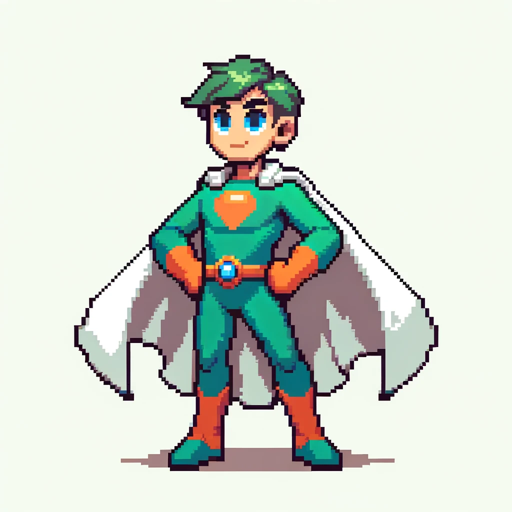
Email Marketing Sequence Creator
AI-Powered Email Campaigns Made Easy

SplashDash
AI-Powered Marketing Assistant
ChatADV
AI-powered legal solutions for everyone.

Yosu - YouTub Video Summarizer
AI-powered YouTube Video Summarizer

Chat Immobiliare
AI-powered real estate assistant.
Diagram DataView
AI-powered diagrams for data visualization.

- Creative Writing
- Character Development
- Psychological Analysis
- Scenario Exploration
- Biography Writing
Q&A about The Unconscious Character
What is The Unconscious Character?
The Unconscious Character is an AI tool specialized in biography writing, psychological analysis, and character development, designed to portray nuanced psychological profiles and help users create vivid, realistic characters.
How can I create a character with The Unconscious Character?
You can create a character by following a step-by-step process that includes filling out a detailed Character Creation Form, analyzing self-beliefs, cognitive mechanisms, and critical thinking stages, and developing speech patterns.
What types of characters can I create?
You can create original characters, fictional characters, or even alternate versions of real-life individuals, exploring their psychological traits and emotional depth.
How does The Unconscious Character handle sensitive content?
The tool adheres to strict guidelines for handling sensitive content, ensuring ethical and respectful portrayal of copyrighted material, historical figures, and real-life individuals.
What are some common uses of The Unconscious Character?
Common uses include writing detailed biographies, creating complex fictional characters, performing psychological analyses, and exploring hypothetical scenarios to understand human behavior.